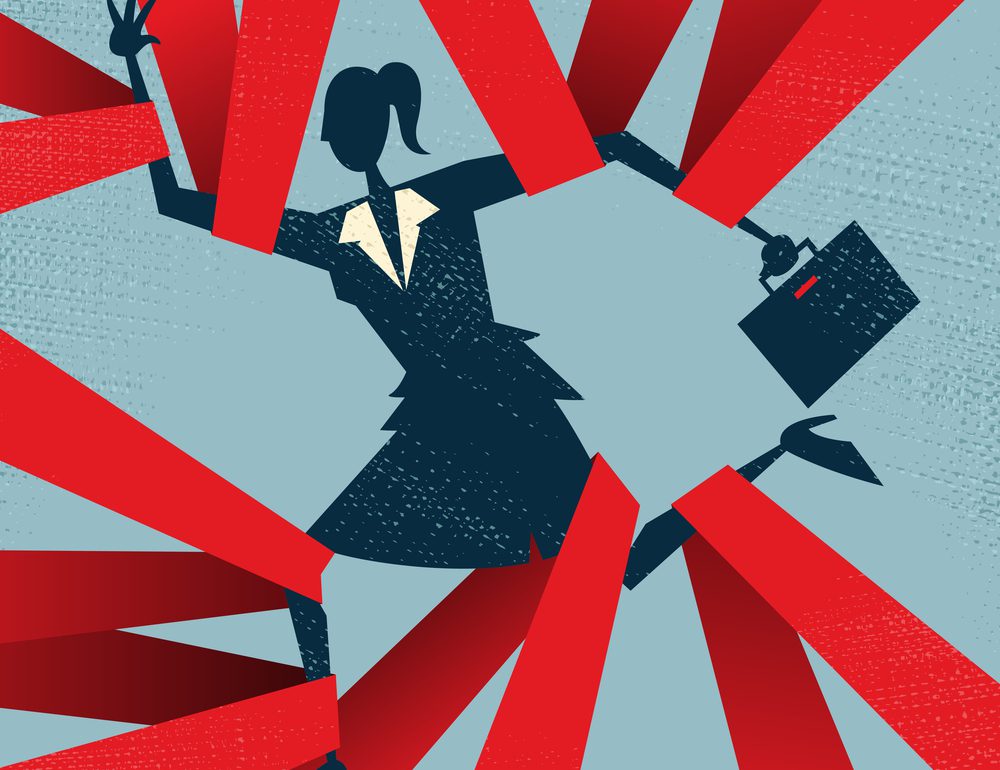For consumers looking to save big on holiday shopping, Black Friday is their bread and butter. But die-hard bargain hunters from Wisconsin might want to consider driving across state lines since an antiquated law prohibits retailers in the Badger State from holding the same door-buster deals as their other Midwestern (and online) competitors.
Wisconsin’s Unfair Sales Act was intended to protect consumers from high prices, but today it accomplishes just the opposite. The law makes it a crime for businesses to sell goods below cost, and requires a 9 percent markup on gasoline, alcohol and tobacco.
During the Great Depression, legislators who implemented the law thought outlawing deep sales would prevent chain stores from putting their mom-and-pop competitors out of business. More competition, they thought, would lead to cheaper prices. But today, better transportation infrastructure and the advent of the internet means Wisconsin’s small businesses are competing not just in their own communities, but with retailers across the globe. By not allowing business owners to engage in competitive pricing, the Unfair Sales Law does little more than put Wisconsin’s businesses at a competitive disadvantage and force consumers who can’t access lower prices to pay more for their goods than other Americans.
It’s yet another example of regulation gone wrong.
That’s why even the Federal Trade Commission (FTC), the government agency tasked with protecting consumers from unfair business practices, opposed similar laws when legislators considered adopting them in Kansas, Michigan, North Carolina and New York. And they aren’t the only ones who dislike the artificial pricing – Wisconsin’s state legislature has attempted to get rid of the law or modify it in some way at least three times in the past decade. Perhaps most telling, 76 percent of shoppers who know about the Unfair Sales Act think it should be repealed.
But while Wisconsin’s consumers are voicing their discontent, the retailers and gas station owners who benefit from this antiquated law are lining the pockets of elected officials to ensure it stays in place. Unless politicians like State Senate Leader Scott Fitzgerald put the priorities of consumers ahead of special interests, this year’s Black Friday deals will continue to be anything but.


